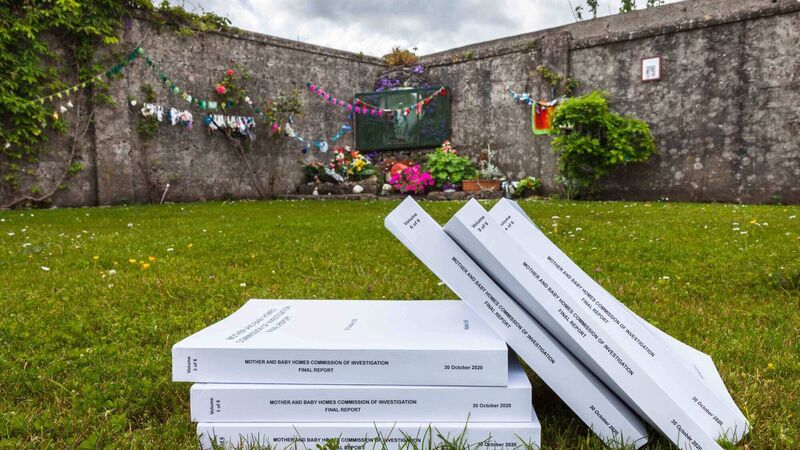Refusal of baby homes commission trio not to appear at committee 'deeply regrettable' – Varadkar

The three members of the now-defunct Mother and Baby Homes Commission have written to the Oireachtas Committee on Children and Disability, snubbing its request for them to appear before them. Picture: Andy Newman
The decision of members of the Mother and Baby Homes Commission of Investigation not to appear before an Oireachtas committee is “deeply regrettable” and should be reconsidered, Tánaiste Leo Varadkar has said.
“I had genuinely hoped they would agree and that a date would have been set by this stage. I would urge them to reconsider their decision, and to appreciate the imperative to explain their report and answer questions.










